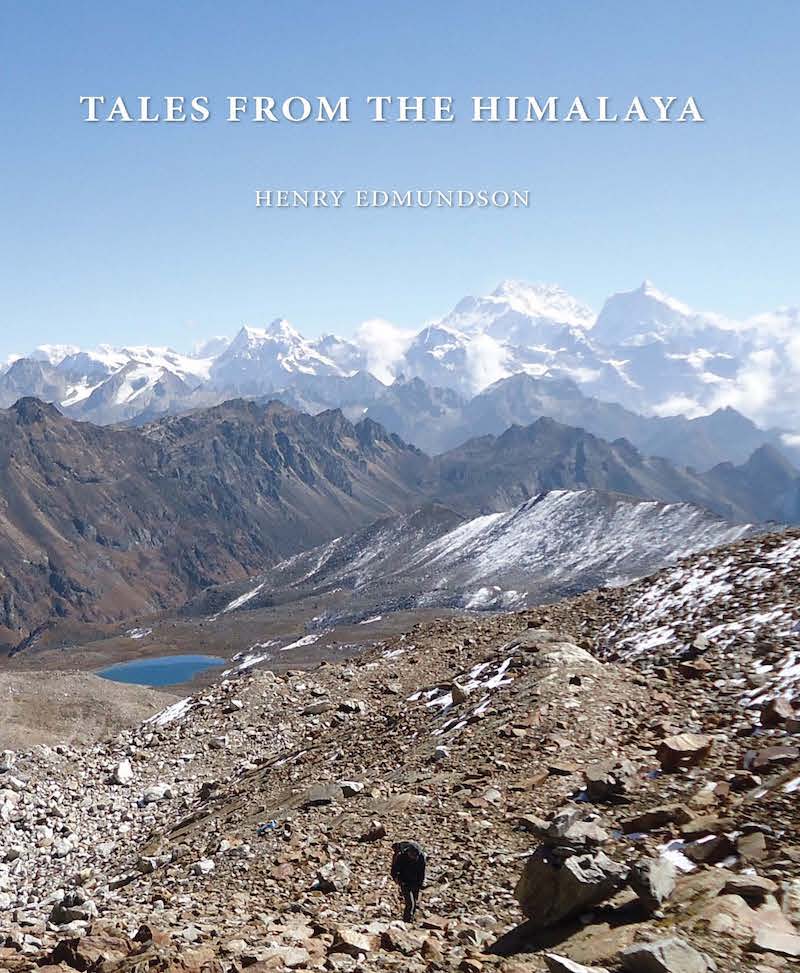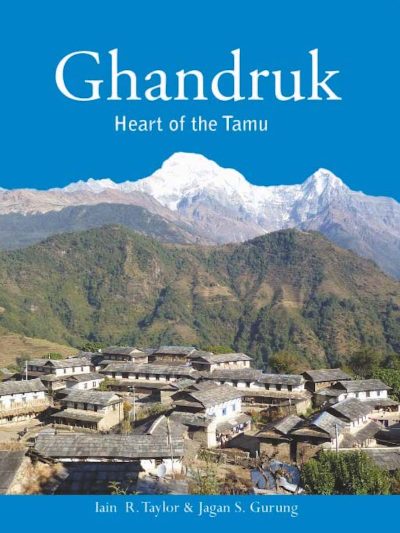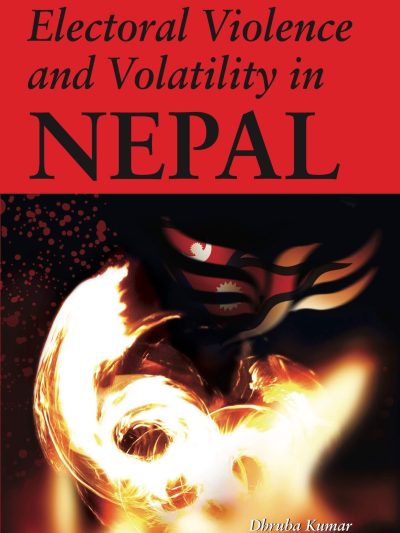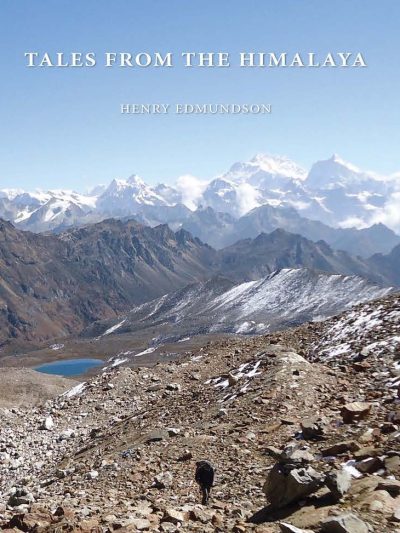Description
About the Author:
Since 1965, Henry Edmundson has climbed and trekked in the Afghan Hindu Kush, the Pakistan Karakoram and the length and breadth of the Indian, Nepalese and Bhutanese Himalaya. He is a member of the Alpine Club and the Himalayan Club and is a Fellow of the Royal Geographical Society. He resides in Cambridge, UK.
About the Book:
RELIGION
?The cultural foundation of life in much of the Himalayas remains Tibetan Buddhism. Th is esoteric off shoot of the Buddha?s teaching developed from the 7th century onwards but was only discovered by explorers and scholars a thousand years later. The first tale is about a remarkably different type of reality, how its mysteries were unravelled, and how it continues to survive despite political repression.?
SCIENCE
?The Himalayas are the highest mountain range in the world but also the youngest. The peaks continue to grow, and earthquakes remain an ever-present danger. The struggle to understand how these giant mountains formed began in the mid-19th century. Now we know that it?s the plates that do the talking. The second tale is one of intrepid exploration and scientific discovery.?
POLITICS
?The Chinese takeover of Tibet is the latest power play in the Himalayan region. Long ago, the Tibetans were the empire builders. In the 19th century, strongman Gulab Singh gobbled up parts of the Western Himalaya to create Jammu and Kashmir. During the Raj, the British commandeered the high mountains. The third tale is about politics and intrigue on an epic scale.?
SOCIETY
Rural existence in the Himalayas is hard. Terraced fields must be carved out of steep foothills; the growing season is short. In an isolated Nepal, a feudal hierarchy simply made things even harder. When the country opened in 1951, foreign aid poured in, but that didn?t prevent a Maoist insurgency taking root, toppling the King and transforming Nepal into a secular republic. The fourth tale is about a society struggling to survive.?







Reviews
There are no reviews yet.